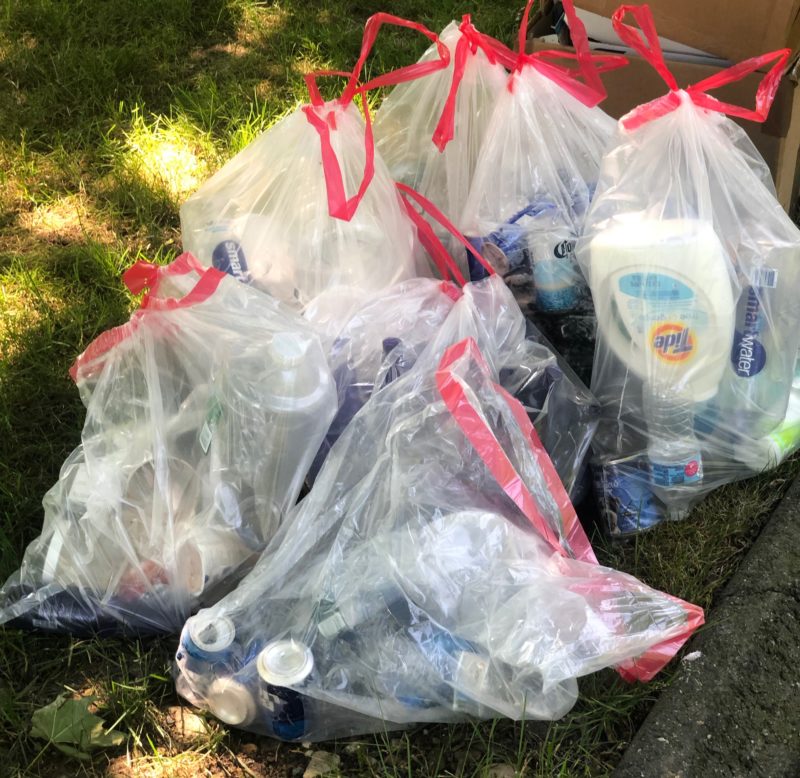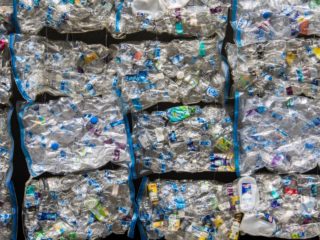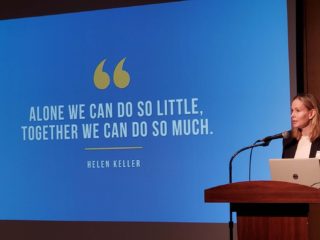Are you recycling or wish-cycling? You may have no idea what wish-cycling is, but in our desire to be environmentally responsible through diligent recycling, we’ve all succumbed to it at one time or another. Wish-cycling (or “wishcycling”) is a growing problem that has serious implications for our environment.
What is Wish-cycling?
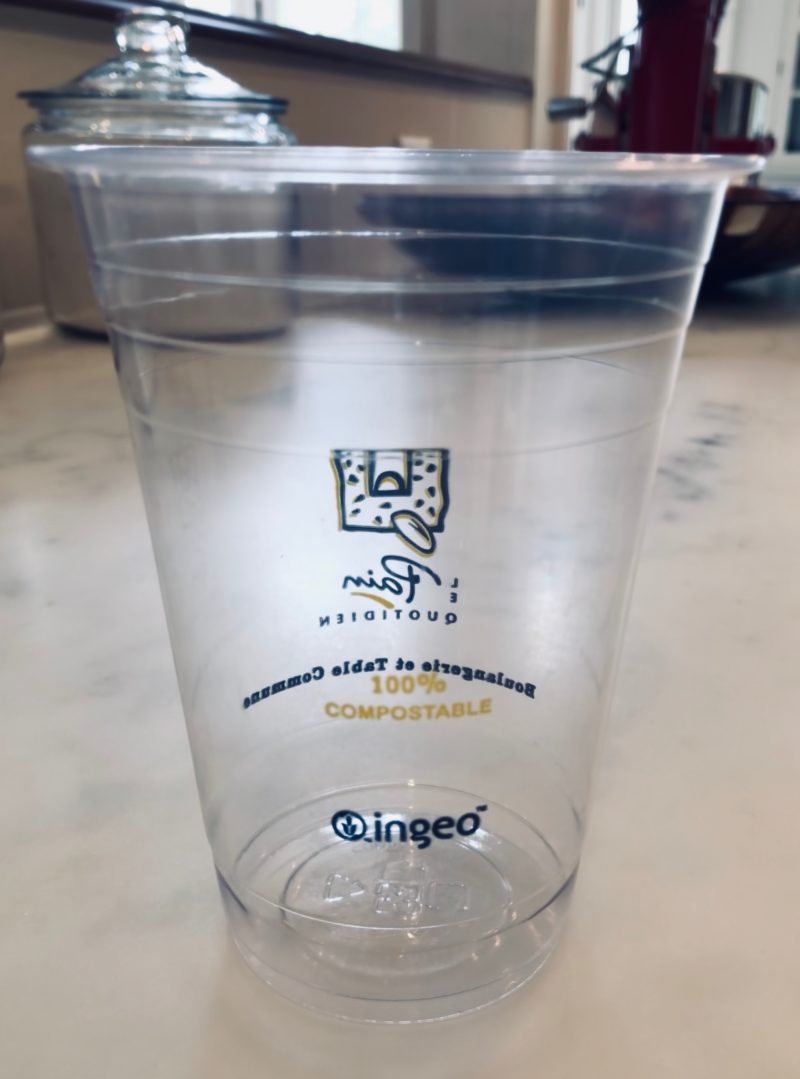
Wish-cycling is the act of putting a non-recyclable item in the recycling bin with the hope it will be recycled. It’s a common mistake and one that’s very easy to make!
Imagine this scenario: You’ve just finished your to-go coffee and now, empty coffee cup, lid, and stirrer in hand, you’re confronted with the cafe’s trash and recycling bins. Do all the items go in the trash? Or maybe it’s just the lid and stirrer that go in recycling (they’re plastic, after all), and the cup in the trash. Or the reverse? In your desire to be eco-conscious, you wish-cycle all items, not realizing that in fact, none can be recycled.
In addition to wish-cycling an item that’s not recyclable, it’s possible to wish-cycle the process. That is, the material is recyclable, but, uncertain of the recycling rules, it’s disposed of improperly. You’ve probably asked one of these questions at one time or another: Should you bag your recyclables for collection? What about that greasy pizza box? It’s cardboard, so recyclable? And then there’s broken glass… Glass is recyclable, so I can recycle it, right?
All of these are legitimate questions to ask of an extremely convoluted process that is only becoming more complicated.
Why is Wish-cycling a Problem?
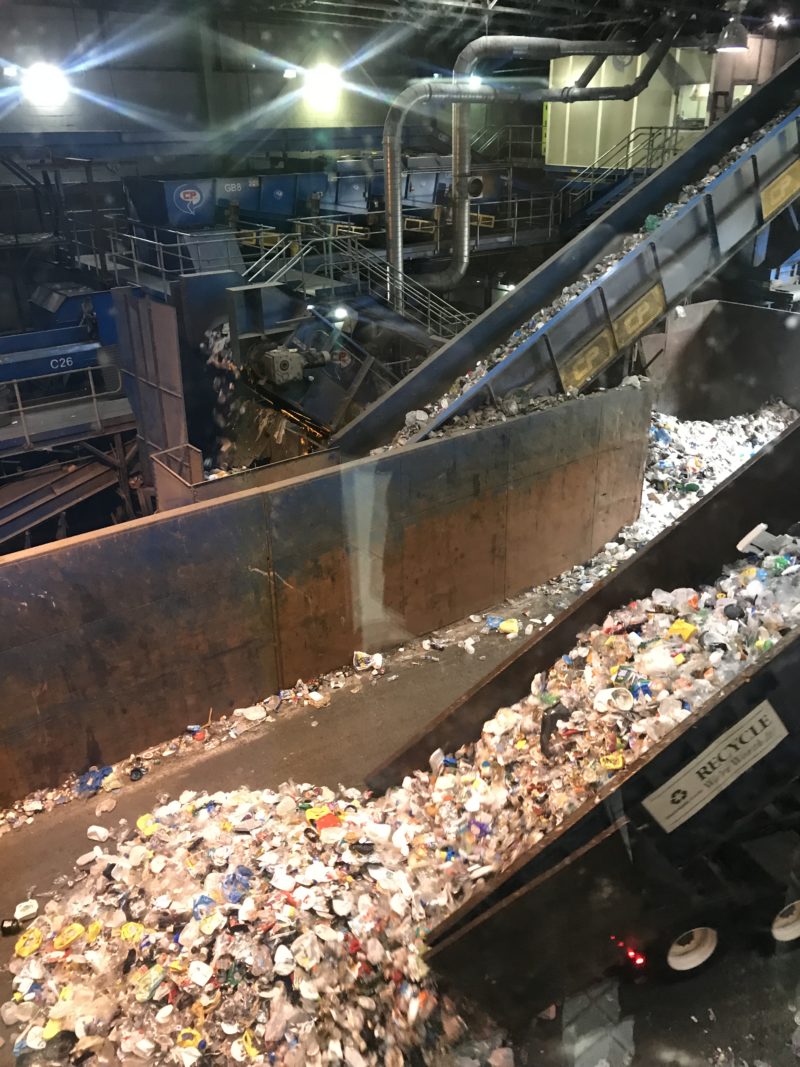
I hate to be the bearer of bad news, but recycling as an effective waste management tool is facing significant challenges. We Americans generate a lot of waste. Not only is the U.S. one of the most wasteful countries in the world, but we’re also spewing out more trash than ever before — 262.4 million tons in 2015, an all-time high.
Recycling is meant to be the eco-friendly solution to eradicating all this trash. Unfortunately, it can’t accommodate the sheer amount of waste, so only a fraction actually gets recycled.
Compounding the recycling volume issue is the problem of recycling confusion, which leads to wish-cycling. This aspirational recycling can contaminate an entire batch of recyclables, forcing recycling operators to send everything to the landfill. According to the National Waste Recycling Association, 25% of recyclables end up contaminated and tossed.
The introduction of non-recyclables can also create delays for recycling operators as they sort out non-recyclable items. All of these delays cost money in terms of jammed and broken machinery.
What Can You Do to Avoid Wish-cycling?
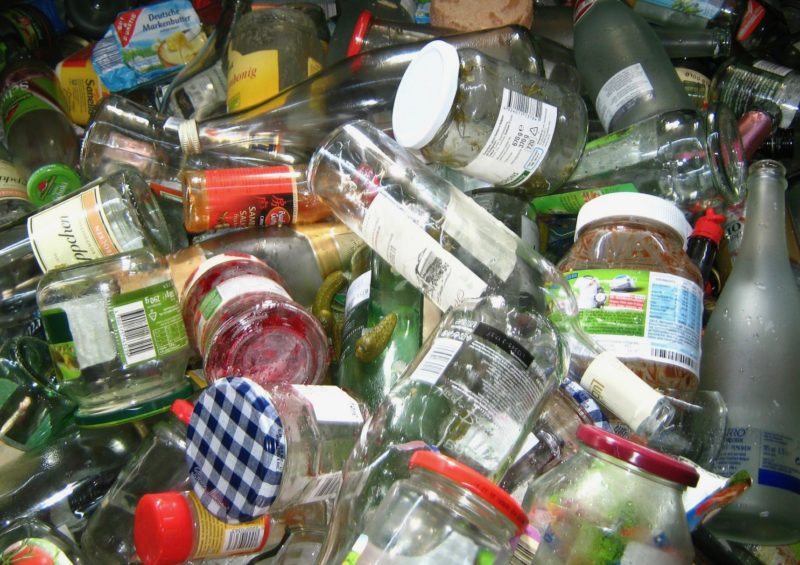
Know Your Local Recycling Rules
While general recycling rules apply in most cases, every town has its own recycling quirks and exceptions. Consult your municipal website and local waste authority to learn what’s specific to your community’s recycling rules.
Learn the Materials That (in General) Are and Aren’t Recyclable
After you’ve acquainted yourself with the specific rules of your hometown, take a moment to learn the materials that typically can and can’t be recycled. Your municipal website might already list these items, but it’s good to have these at your fingertips.
EPA’s Top 10 in the Bin
- Cardboard
- Paper
- Food boxes
- Beverage cans
- Food cans
- Glass bottles
- Jars (glass & plastic)
- Jugs
- Plastic bottles and caps
Recycling No-Nos
- Garden hoses
- Sewing needles
- Bowling balls
- Food or food-soiled paper
- Propane tanks or cylinders
- Aerosol cans that aren’t empty
- Syringes
- Broken glass
- Broken light bulbs
Keep Items Clean
Contamination is one of the main reasons that recyclables aren’t recycled. Give your bottles and containers a good rinse (soap unnecessary) to remove excess debris. Greasy, oily, or food-contaminated paper and plastic can’t be recycled so either remove the soiled portion or throw it all out.
Keep Items Dry
When paper gets wet, the fibers break down making it impossible to recycle. Soggy, wet paper should be thrown in the trash. While we’re on the subject of soggy items: In case you were wondering, diapers can’t be recycled!
Keep Them Loose
Don’t bag or tie your recyclables. Just keep them loose. If you’re concerned that paper will fly away, put a brick or other heavy item on top of the flattened stack.
Compostable Does NOT Mean Recyclable
Compostable plastics are not the same as regular plastics. These products can only be disposed of in certified compost facilities and cannot be recycled. For more on compostable products, read my post on the topic.
A Rule of Thumb About Plastics
Knowing which plastics to recycle is difficult and can lead to wish-cycling. In general, rigid plastics with the recycling code 1, 2, or 5 on the bottom can be recycled. So when in doubt about other plastic items, throw them in the trash.
Mixed Material Packaging and Products
Packaging and products made of mixed materials are generally difficult to separate into their component parts to recycle. In the absence of clear guidelines, the safest bet is to throw these items in the garbage. Items in this category include flexible packaging (such as snack or coffee bags) hot beverage cups, paper blister packs, and plastic-lined tin cans.
When in Doubt, Throw it Out
There’s a big difference between “recyclable” and “recycling.” As much as we’d like to recycle everything into useful end-products, the reality is that many materials aren’t recyclable. Putting items in the recycling bin with the hope that they’ll be recycled runs the risk of contaminating recyclable materials, so when in doubt, throw it out!
The Best Way to Avoid Wish-cycling?
The best way to avoid wish-cycling is to reduce the amount of waste you generate in the first place. The biggest culprit in our waste crisis is source production, so consider rethinking your purchasing habits and in particular, reduce your reliance on single-use convenience products.

